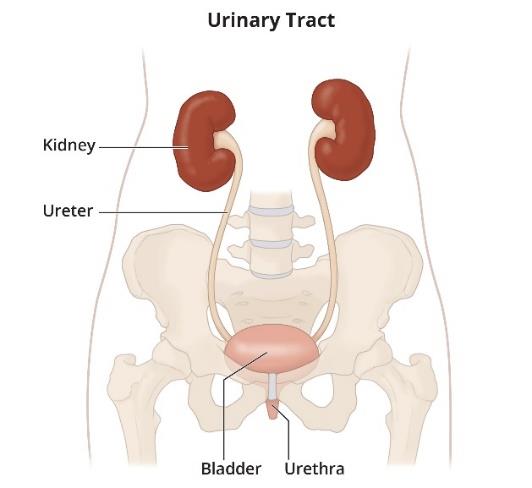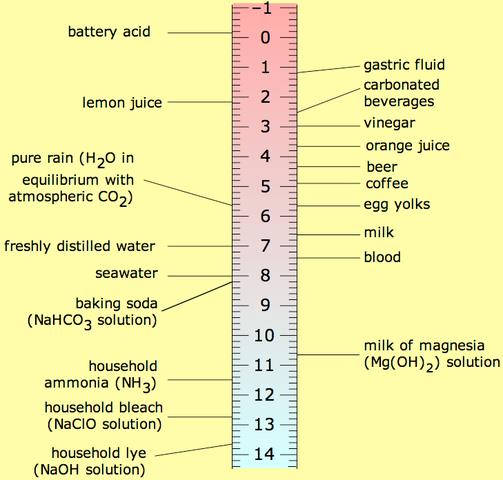


Joseph R. Anticaglia, MD
Medical Advisory Board
The kidneys are two bean-shaped organs located at the back of the upper abdomen just below the rib cage. The ureters connect the kidneys to the bladder. The kidneys are remarkable, unsung powerhouses of the body that flush out waste products into urine and redirect vital substances back into the bloodstream. They play a crucial role in controlling our blood pressure, producing red blood cells, building strong bones, and maintaining the body’s overall health.
The kidneys filters approximately 200 quarts of fluid every 24 hours. The average person urinates about two quarts of urine daily, the rest is reabsorbed, returned to the bloodstream and used by the body. What follows are the primary functions of the kidneys.

The kidneys filter-out water soluble waste products and excess water from the blood, which are excreted from the body during urination. They remove waste products such as drugs, toxins, acids (hydrogen ions), muscle waste (creatinine) and nitrogen waste (urea) in the urine.
The kidneys reabsorb essential substances like glucose, amino acids, and water and return them to the bloodstream.
The kidneys help produce and release several hormones, such as erythropoietin which stimulates the production of red blood cells in the bone marrow. It converts the inactive form of vitamin D into its active form, calcitriol that helps your body absorb calcium and build strong bones.
They also produces the hormone renin which is made by special cells in the kidney. It’s part of a system designed to regulate your blood pressure. If the kidney is damaged it may produce too much renin, causing a rise in a person’s blood pressure.
The kidneys regulate urine volume to maintain a stable water balance in the body. It conserves water if the body is dehydrated, and excretes excess water when necessary.
The kidneys play a crucial role in keeping the pH of blood plasma within a normal range. The pH measures the acidity or alkalinity of blood. The normal pH for human blood is 7.4.
The kidneys maintain a healthy pH range by excreting acids and bases when there is an excess of them or retaining these components when the body is lacking them (glossary 1)
The pH measures the acidity or alkalinity of blood. The pH may range from 0 (zero) to 14, where 0 is most acidic and 14 most basic (alkaline). (The normal pH for human blood is 7.4)
When there is an acid-base imbalance, patients may experience various symptoms. In metabolic acidosis, there’s too much acid in the blood, as in patients with untreated diabetes. In metabolic alkalosis, there’s too much base in the blood, which can happen after prolonged vomiting.

The kidneys maintain electrolyte balance by filtering essentials minerals (e. g. sodium chloride, calcium) called electrolytes from the blood. They return some of them back into the bloodstream, and flush-out excess electrolytes into the urine. Proper electrolyte balance plays a critical role in maintaining proper muscle and nerve function, as well as maintaining acid-base and water balance (glossary 2).
The kidneys play a crucial role in keeping us in good health. They remove waste, excess fluid, and reabsorb essential substances. They control the pH in the body. They excrete or conserve salt and water. They play a key role in our nervous system, influence how muscles function, help to build strong bones, and regulate blood pressure. Kidneys are unsung powerhouses firing on all cylinders 24/7 to keep our bodies running smoothly without outages.
The kidney cells have two ways to maintain acid-base balance. One is the reabsorption of alkaline, basic bicarbonate ions from the urine and returning them to the blood. When the blood is too acidic, the renal tubules reabsorb bicarbonate ions, an “opponent” of acid, and moves them into the blood. The other is to secrete hydrogen ions into the urine. By regulating the amounts of reabsorption and secretion of the ions, the kidneys balance the pH in the blood.
Electrolytes are minerals that carry an electric charge. They’re found in your blood, urine and sweat. They stabilize the body’s internal environment so that metabolic processes function properly. Examples of electrolytes are sodium, chloride, potassium, bicarbonate, calcium, magnesium, and phosphate.
Gluconeogenesis — the kidneys, under certain conditions, can make glucose (sugar) that can be used for energy when needed.. The process becomes more important during long periods of fasting and liver failure when the blood doesn’t have enough sugar.
The letters pH indicate the potential of hydrogen—it measures the level of acids (concentration of hydrogen ions) in the blood and urine
This article is intended solely as a learning experience. Please consult your physician for diagnostic and treatment options.